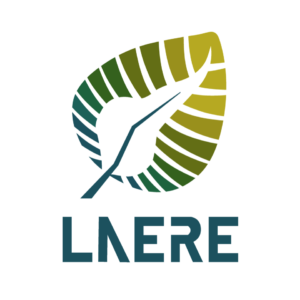In this section, you will find employment opportunities such as job postings, professorial positions, or others related to the field of environmental and natural resource economics.

PhD Opportunity in Research Group at the University of Göttingen
At the University of Göttingen - Public Law Foundation -, Department of Agricultural Economics and Rural Development, there is a ...